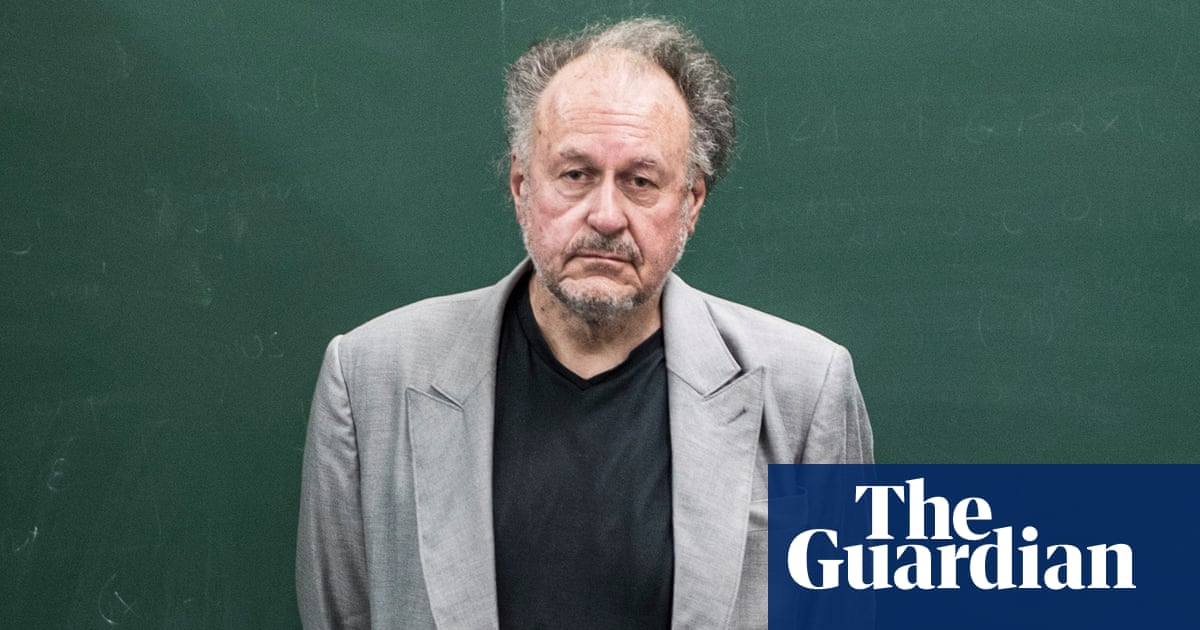Three years ago, a small group of academics at a German university launched an unprecedented collaboration with the military – using novels to try to pinpoint the world’s next conflicts. Are they on to something?
As the car with the blacked-out windows came to a halt in a sidestreet near Tübingen’s botanical gardens, keen-eyed passersby may have noticed something unusual about its numberplate. In Germany, the first few letters usually denote the municipality where a vehicle is registered. The letter Y, however, is reserved for members of the armed forces.
Military men are a rare, not to say unwelcome, sight in Tübingen. A picturesque 15th-century university town that brought forth great German minds including the philosopher Hegel and the poet Friedrich Hölderlin, it is also a modern stronghold of the German Green party, thanks to its left-leaning academic population. In 2018, there was growing resistance on campus against plans to establish Europe’s leading artificial intelligence research hub in the surrounding area: the involvement of arms manufacturers in Tübingen’s “cyber valley”, argued students who occupied a lecture hall that year, brought shame to the university’s intellectual tradition. Continue reading...
http://dlvr.it/S2X8Pb
Subscribe to:
Post Comments (Atom)
WHAT IS BREAKOUT → RE-TEST?
Breakout: When the price breaks a support or resistance level that it has tested before and moves above or below that level. Re-...

-
By Hallie Knight , Published in Poem-a-Day on January 23, 2021, by the Academy of American Poets. The house was built, Brick by brick, p...
-
In a new book, translated by Molly Ringwald, Maria’s cousin recalls the fame and turbulence that followed the release of Bernardo Bertolucci...

No comments:
Post a Comment